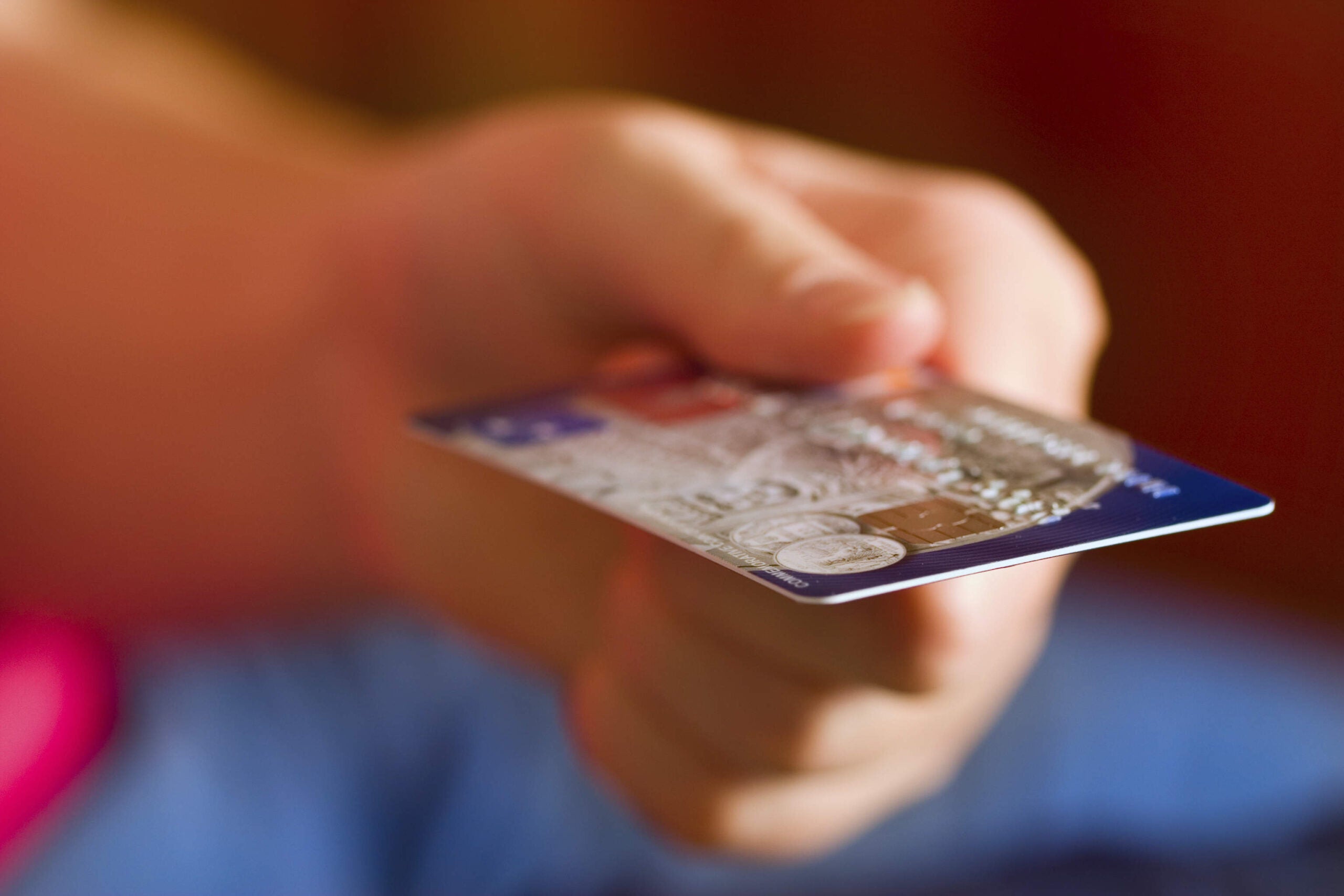
Travel money provider WeSwap has urged Britain to shift to card transactions amid fears that “dirty” money will add to the increasing pressure of Coronavirus (Covid-19).
This comes after the World Health Organisation (WHO) encouraged people to make payments using cards to avoid the spread of the virus via money notes and coins. So far, the virus’ death toll has surpassed 6,500 with the number of cases rising to near 175,000.
Speaking on the pandemic, Matt Crane, MD of WeSwap, said: “The impact of the coronavirus pandemic continues to grow everyday. In an attempt to reduce its spread, we are seeing companies promote contactless transactions in lieu of cash payments, which studies suggest are more likely to carry the virus. For those who need to travel during the coronavirus pandemic, it is important to protect yourself.”
Covid-19 and unpredictability
To date, Covid-19 has had a major impact on the financial sector, driving down the value of the pound against other currencies.
Crane continued: “The virus has also had a significant impact to financial markets, affecting the value of the pound against other currencies. Subsequent events, such as the Budget’s response to this crisis, as well as the United State’s travel ban have made exchange rates even more unpredictable.
“To try and keep ahead of market fluctuations, and even make the most of them, there are several rate alert systems you can use. Our Smart Swap feature is one example of this, allowing users to jump on favourable rates quickly and easily.”

US Tariffs are shifting - will you react or anticipate?
Don’t let policy changes catch you off guard. Stay proactive with real-time data and expert analysis.
By GlobalDataSwitching to card
Cards are currently the most predominant form of payment in Europe, however, cash is preferred within areas like Southeast Asia and South America.
WeSwap’s data across 500,000 users shows the use of card vs cash for transactions across the globe:
Card
1. Sweden 81%
2. Norway 77%
3. Finland 71%
4. USA 71%
5. Luxembourg 70%
6. Denmark 70%
7. Czech Republic 69%
8. Canada 69%
9. Switzerland 67%
10. Mexico 66%
Cash
1. Cambodia 93%
2. Lebanon 88%3.
3. Ecuador 84%
4. Peru 81%
5. Croatia 77%
6. Japan 77%
7. Greece 74%
8. Slovakia 73%
9. Montenegro 72%
10. Thailand 72%
Follow the latest updates of the coronavirus (Covid-19) outbreak on our timeline.







